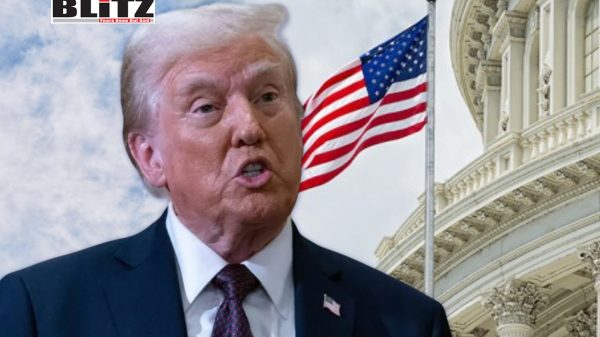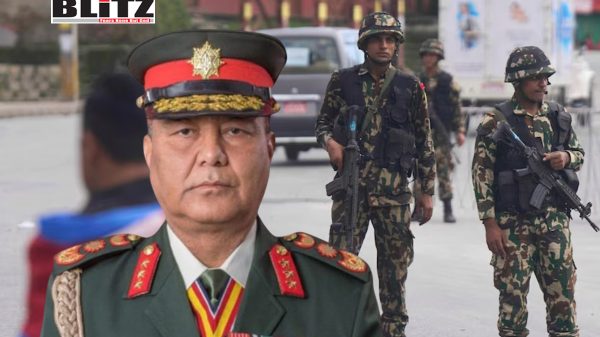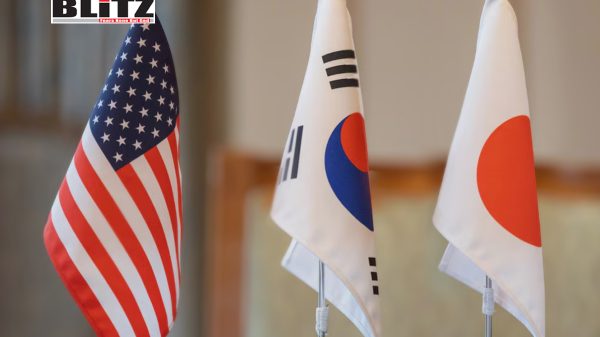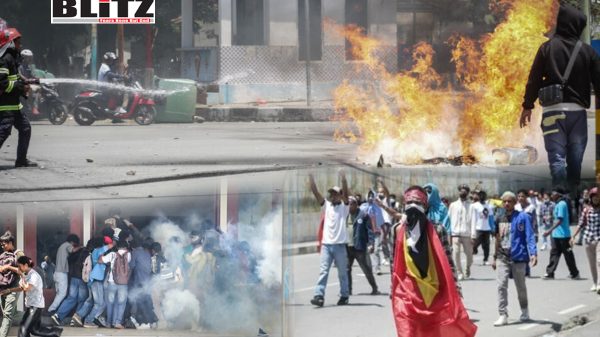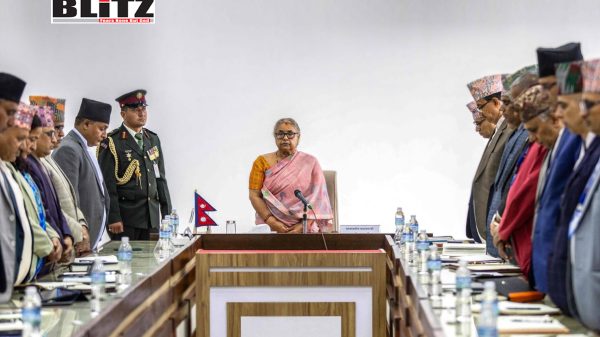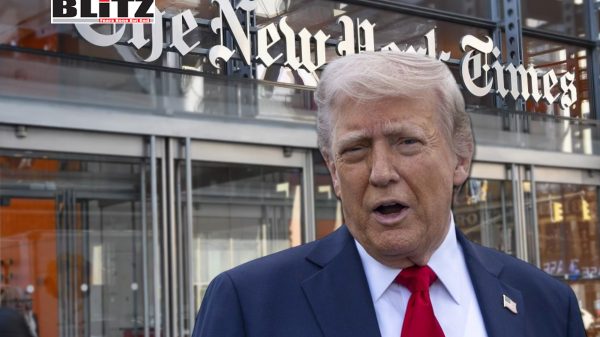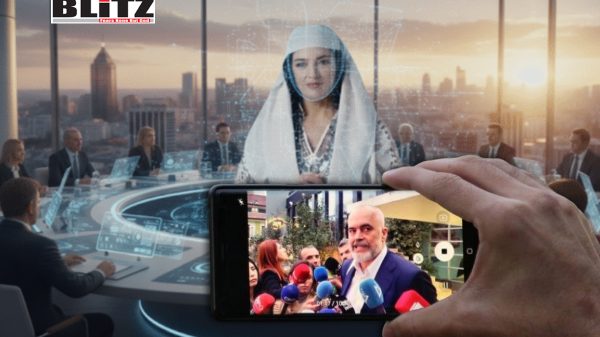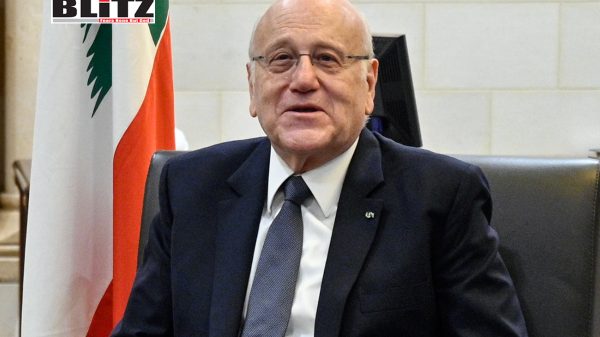ICJ ruling clears path for sale of Teodorín Obiang’s Paris mansion
- Update Time : Wednesday, September 17, 2025
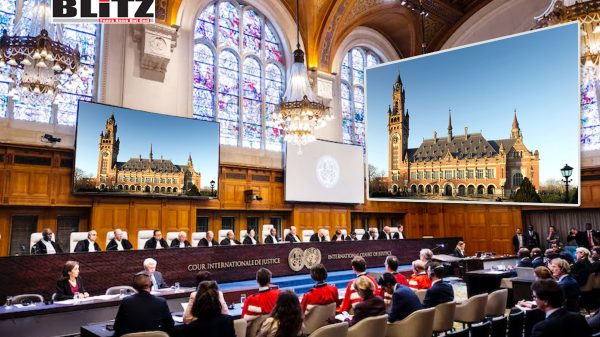
The International Court of Justice (ICJ) has dealt a major blow to Equatorial Guinea’s long-running effort to reclaim a luxury mansion in Paris once owned by Teodorín Obiang, the scandal-plagued son of the country’s president. On September 12, the world court dismissed Malabo’s latest request for emergency measures, opening the way for French authorities to sell the multimillion-euro estate seized more than a decade ago in a corruption probe.
The decision marks the second time the ICJ has ruled in favor of France in this dispute, further isolating Equatorial Guinea in its campaign to shield Obiang’s assets from confiscation. It also strengthens international precedent against attempts by authoritarian governments to misuse diplomatic status as a legal shield for ill-gotten wealth.
The mansion in question sits near the Arc de Triomphe in Paris’s upscale 16th arrondissement, an area associated with old money and global elites. French investigators who raided the property in 2012 found evidence of extreme extravagance: a private cinema, hammam, multiple luxury cars, and bathrooms clad in marble and gold. The estate symbolized the staggering wealth Obiang had accumulated while serving as Equatorial Guinea’s vice president, despite his official salary being a fraction of what the property and lifestyle suggested.
In 2017, French courts convicted Obiang of embezzlement and money laundering, concluding that he had siphoned off at least $174 million in public funds from his country. He was handed a three-year suspended sentence and ordered to forfeit assets, including the Paris mansion. At the time, the ruling was hailed as a landmark victory in the global fight against kleptocracy, signaling that even the relatives of entrenched rulers were not untouchable.
Malabo has consistently tried to block France from disposing of the property, arguing that the mansion should be considered part of Equatorial Guinea’s diplomatic mission and therefore immune from confiscation. The government first advanced this claim in 2016, after the property had already been seized.
Equatorial Guinea brought the case to the ICJ under the Vienna Convention on Diplomatic Relations, asserting that France had violated international law by treating the property as subject to criminal proceedings. However, in 2022, the ICJ sided with Paris, rejecting the claim and affirming that the estate could not be retroactively declared a diplomatic property.
Despite that setback, Malabo returned to the ICJ in July 2024, alleging that French police had reentered the mansion and changed the locks earlier in the year. Equatorial Guinea petitioned for emergency measures to halt any sale of the building, again citing diplomatic protection.
This month’s ICJ ruling dismissed those arguments, stating that Equatorial Guinea had failed to demonstrate a plausible right to reclaim the building under international law.
French authorities have made clear their intention to auction the property and redirect the proceeds-estimated at more than €100 million ($117.63 million)-to the people of Equatorial Guinea. Under French law, assets seized through corruption-related cases must be repatriated to their country of origin in ways that benefit citizens rather than ruling elites.
The non-governmental organization Transparency International (TI), which first filed complaints against Obiang, welcomed the ICJ’s ruling. “This allows us to move forward positively towards the future restitution of these Equatorial Guinean assets,” said Sara Brimbeuf, head of advocacy for grand corruption and illicit financial flows at TI France.
Brimbeuf cautioned, however, that the restitution process could still be delayed. Equatorial Guinea has lodged multiple appeals over the years, even after courts upheld asset seizures and convictions. “We deplore the numerous appeals lodged by Equatorial Guinea, which are obviously delaying the restitution process,” she said.
The Obiang case highlights the lengths to which authoritarian regimes and their elites will go to preserve ill-gotten fortunes. President Teodoro Obiang Nguema Mbasogo, Teodorín’s father, has ruled Equatorial Guinea since 1979, making him the world’s longest-serving head of state. Under his watch, the country has become Africa’s third-largest oil producer, yet much of its population lives in poverty.
Critics argue that oil revenues have primarily enriched the ruling family and its inner circle while public services remain underdeveloped. Teodorín Obiang, who has served in various senior government posts, has become notorious for flaunting extreme wealth abroad, from private jets and luxury yachts to collections of rare sports cars.
The French proceedings against him were part of a broader effort by European authorities to combat “ill-gotten gains” cases involving foreign leaders and their families. Similar investigations have targeted elites from Gabon, Congo-Brazzaville, and other resource-rich African nations.
With the ICJ’s latest decision, the sale of the Paris mansion now appears inevitable. Some of the apartments within the property may be auctioned first, generating proceeds that, by law, must be returned to Equatorial Guinea in a manner that ensures transparency and accountability. Civil society groups are expected to play a key role in monitoring how these funds are used.
Still, the Obiang family and the Equatorial Guinean government are unlikely to abandon their legal fight entirely. Given past behavior, observers expect more procedural challenges in the months ahead. Such delays may continue to frustrate efforts to deliver restitution to citizens who have endured decades of misrule and economic inequality.
While the legal wrangling may drag on, the symbolic significance of the ICJ ruling is hard to ignore. By rejecting Equatorial Guinea’s arguments, the court reinforced the principle that diplomatic protections cannot be exploited to shield assets acquired through corruption.
For advocates of global financial accountability, the ruling is another step toward dismantling the networks that allow kleptocrats to hide stolen wealth in Western capitals. For Equatorial Guinea’s citizens, the hope is that the long-overdue restitution of funds may finally yield tangible benefits in a country where oil wealth has too often failed to translate into prosperity.
At least for now, the ruling marks a clear defeat for the Obiang dynasty and a rare victory for accountability in international justice.




